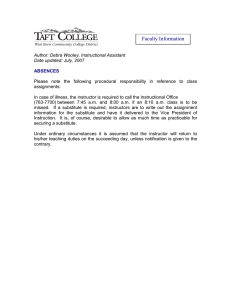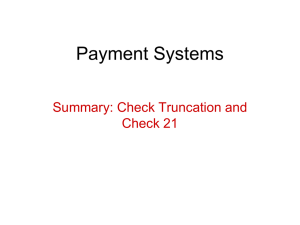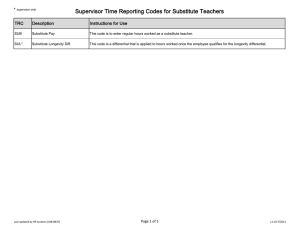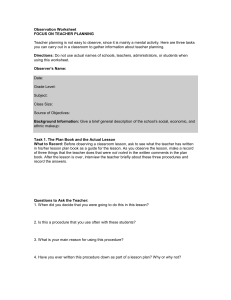W O R D C H O I... Know the difference between they’re
advertisement
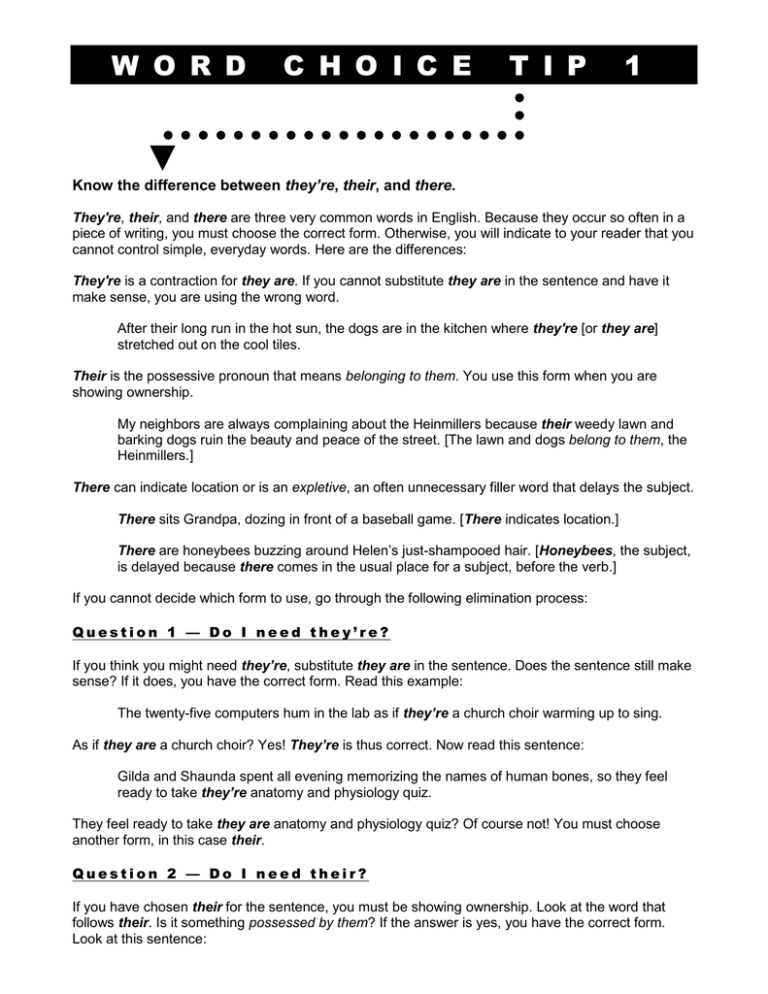
W O R D C H O I C E T I P 1 Know the difference between they’re, their, and there. They're, their, and there are three very common words in English. Because they occur so often in a piece of writing, you must choose the correct form. Otherwise, you will indicate to your reader that you cannot control simple, everyday words. Here are the differences: They're is a contraction for they are. If you cannot substitute they are in the sentence and have it make sense, you are using the wrong word. After their long run in the hot sun, the dogs are in the kitchen where they're [or they are] stretched out on the cool tiles. Their is the possessive pronoun that means belonging to them. You use this form when you are showing ownership. My neighbors are always complaining about the Heinmillers because their weedy lawn and barking dogs ruin the beauty and peace of the street. [The lawn and dogs belong to them, the Heinmillers.] There can indicate location or is an expletive, an often unnecessary filler word that delays the subject. There sits Grandpa, dozing in front of a baseball game. [There indicates location.] There are honeybees buzzing around Helen’s just-shampooed hair. [Honeybees, the subject, is delayed because there comes in the usual place for a subject, before the verb.] If you cannot decide which form to use, go through the following elimination process: Question 1 — Do I need they’re? If you think you might need they’re, substitute they are in the sentence. Does the sentence still make sense? If it does, you have the correct form. Read this example: The twenty-five computers hum in the lab as if they’re a church choir warming up to sing. As if they are a church choir? Yes! They’re is thus correct. Now read this sentence: Gilda and Shaunda spent all evening memorizing the names of human bones, so they feel ready to take they’re anatomy and physiology quiz. They feel ready to take they are anatomy and physiology quiz? Of course not! You must choose another form, in this case their. Question 2 — Do I need their? If you have chosen their for the sentence, you must be showing ownership. Look at the word that follows their. Is it something possessed by them? If the answer is yes, you have the correct form. Look at this sentence: When my cat Rocky leaves the house, the squirrels must dash to the safety of a nearby tree, their tails snapping in frustration. Do the tails belong to them, the squirrels? Yes! Their is thus the correct form. Now read this example: Richard buys broken appliances at yard sales with the good intentions of repairing them. Their still sitting in his garage, which drives his wife Sue crazy. Can still belong to them, the appliances? Of course not! Still is an adverb that cannot be possessed by anything. You must choose another form, in this case they’re. Question 3 — Do I need there? If you cannot substitute they are and have the sentence make sense, and if you are not showing ownership, then you need your last option, there. Keep in mind, however, that many times you can eliminate there altogether. Here is a sample sentence: There were so many students crowding the cafeteria that poor LuAnne gave up buying a greasy burger before her next class. Although this sentence uses the right word, the there is unnecessary. A tighter sentence reads like this: So many students crowded the cafeteria that poor LuAnne gave up buying a greasy burger before her next class. Quick Test Directions: Correct any problems you find with they're, their, and there. 1. Because their always broke, I bring a credit card when I have dinner with Michelle and Joe. 2. The chemistry students dragged there heavy textbooks to class only to discover that a substitute teacher would be showing a movie. 3. Derek peeked under the top slice of bread on his sandwich. They’re on the lettuce he found the remaining half of the bug he had just eaten. 4. Lydie and Yve-Marie spent there time in the library playing on the Internet. Their going to be in big trouble when they’re presentation is due in Mr. Shuman’s biology class tomorrow morning! 5. Warren ran to class, hoping to get their on time. When he peeked through the window, he saw his classmates already taking notes at they’re desks. ©1997 - 2014 by Robin L. Simmons All Rights Reserved.
